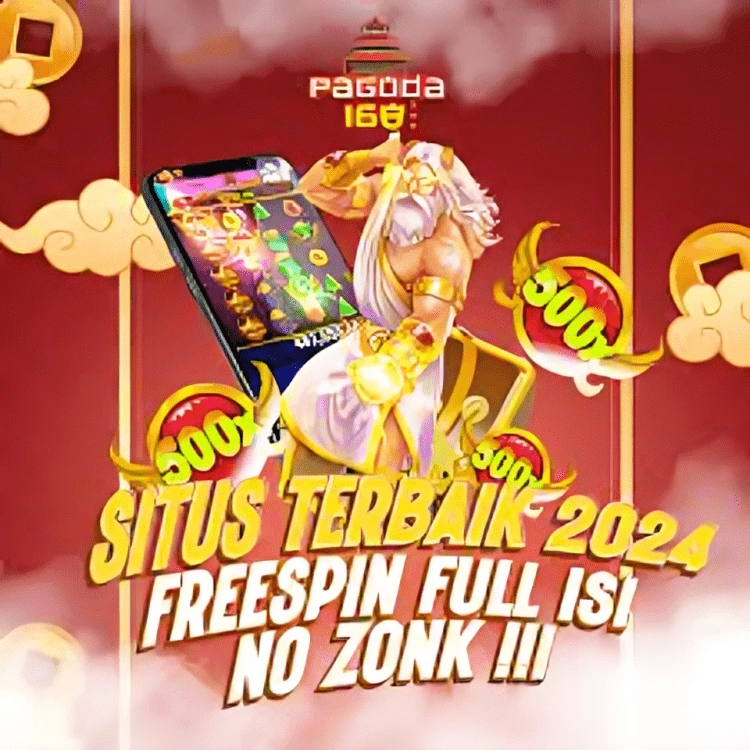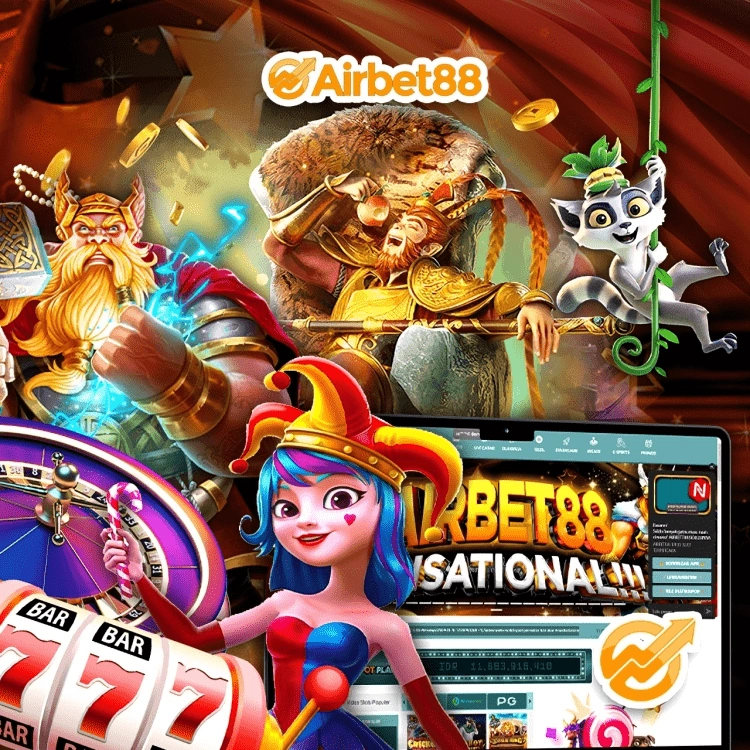Exploring the Rich Library of PSP and PlayStation Games
The PlayStation brand has consistently delivered some of the best games in the gaming industry, and the PSP era represents a remarkable chapter in that story. While console titles are celebrated for their immersive worlds and cinematic experiences, PSP games brought this level of quality to a portable format. By combining innovation, engaging gameplay, and accessible storytelling, PSP titles allowed players to experience PlayStation adventures anywhere, expanding the reach and appeal of the brand.
PlayStation console games are renowned for their depth and complexity. Franchises such as God of War, Uncharted, and Final Fantasy combine intense action, tactical mechanics, and emotional storytelling, creating experiences that captivate players and set industry standards. These best games demonstrated the platform’s dedication to combining gameplay excellence with narrative richness. PSP games carried this tradition forward, adapting console experiences and creating unique handheld adventures that upheld the same high standards.
Innovation played a central role in PSP game design. Titles such as Crisis Core: Final Fantasy VII and Monster Hunter Freedom Unite offered deep mechanics and expansive worlds optimized for handheld play. Other titles, like Patapon and LocoRoco, explored experimental gameplay, rhythm-based mechanics, and inventive control schemes that were impossible on consoles. These innovations proved that PSP games could be as creative and engaging as their console counterparts, expanding the possibilities of portable gaming while staying true to the PlayStation philosophy.
PSP and PlayStation games also excel in genre diversity. Console titles offer action-adventure, racing, open-world exploration, tactical RPGs, and puzzle games, while PSP titles mirrored this variety and added original portable experiences. This ensured that every player could find something appealing, whether seeking epic, narrative-driven adventures or short, inventive gameplay sessions on the go. The handheld library complemented the console library, creating a comprehensive PlayStation ecosystem.
The cultural significance of PSP games is noteworthy. Portable titles brought iconic characters, immersive worlds, and compelling narratives to a new slot audience, fostering fan communities, cosplay, and creative projects. By making PlayStation experiences accessible outside the living room, PSP games strengthened the brand’s influence and ensured that its stories and characters reached a broader demographic. The best PSP and console games together shaped PlayStation’s cultural legacy and global impact.
In conclusion, the rich library of PSP and PlayStation games demonstrates the platform’s dedication to quality, innovation, and accessibility. Portable experiences on the PSP complemented console titles, offering players unique gameplay and storytelling opportunities. Together, these games represent some of the best games ever created by Sony, forming a library that continues to inspire gamers, developers, and fan communities around the world.








